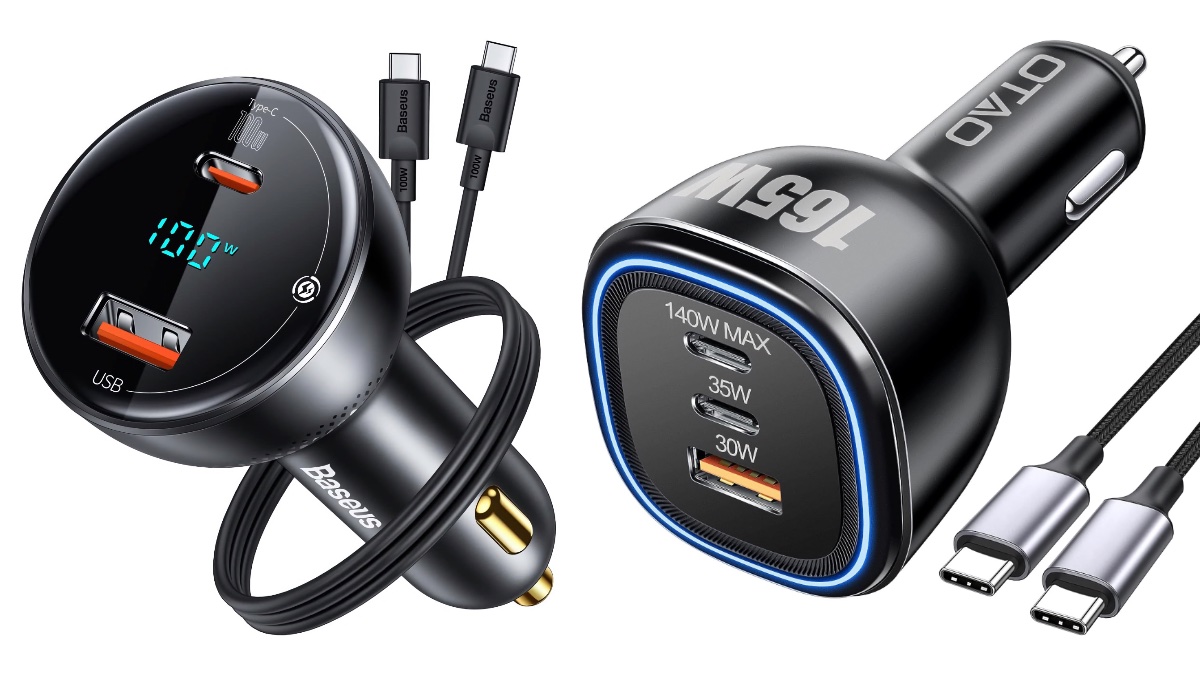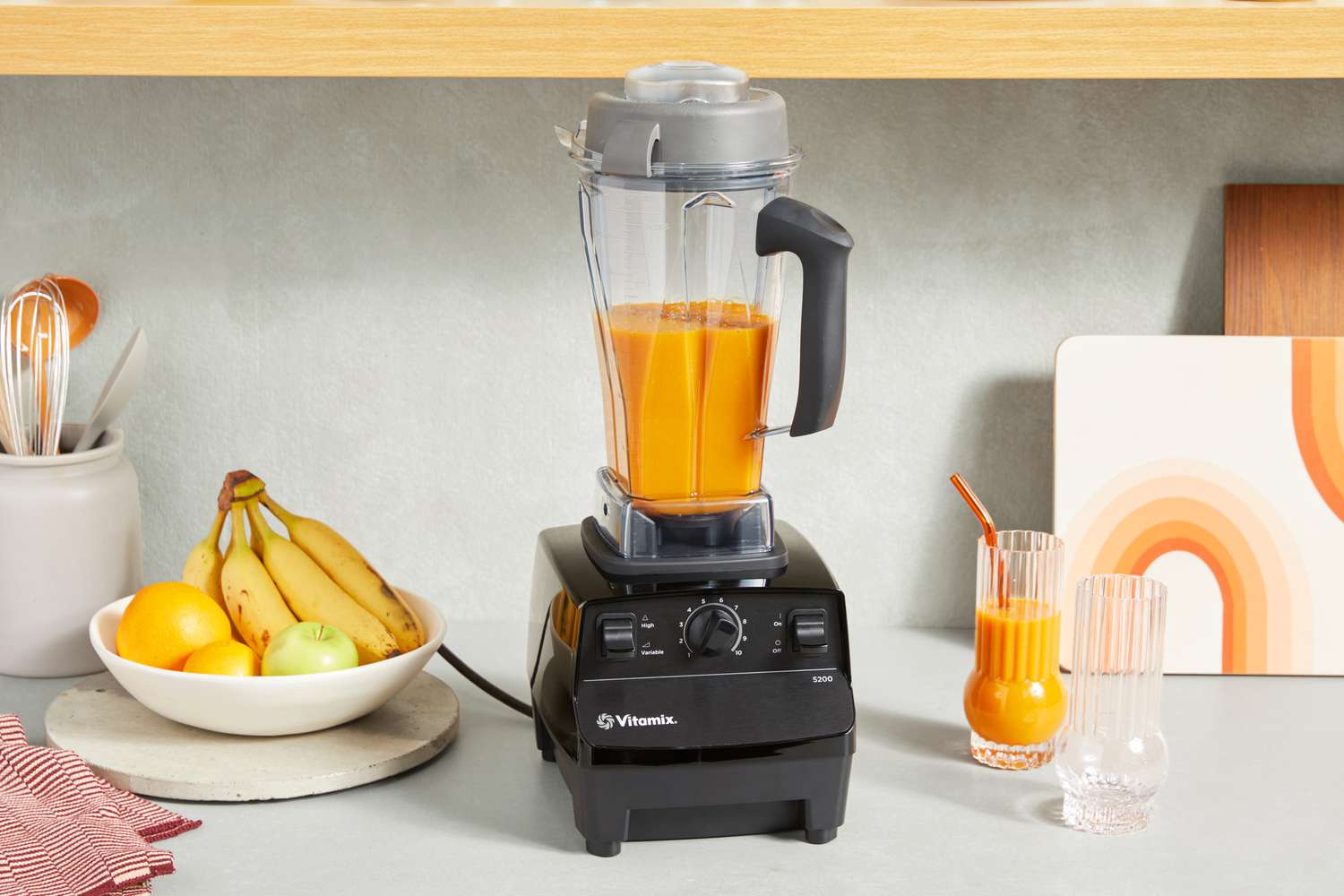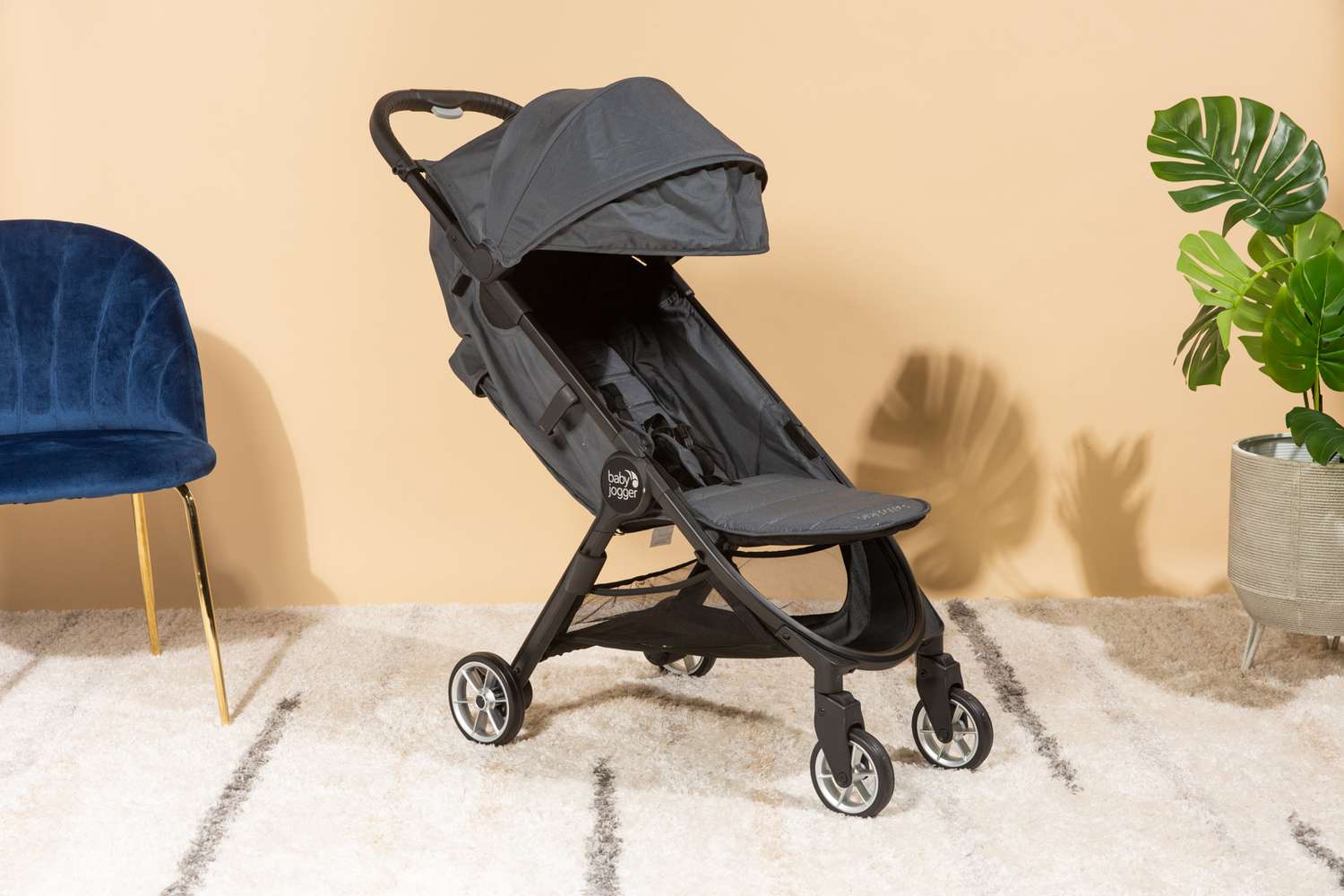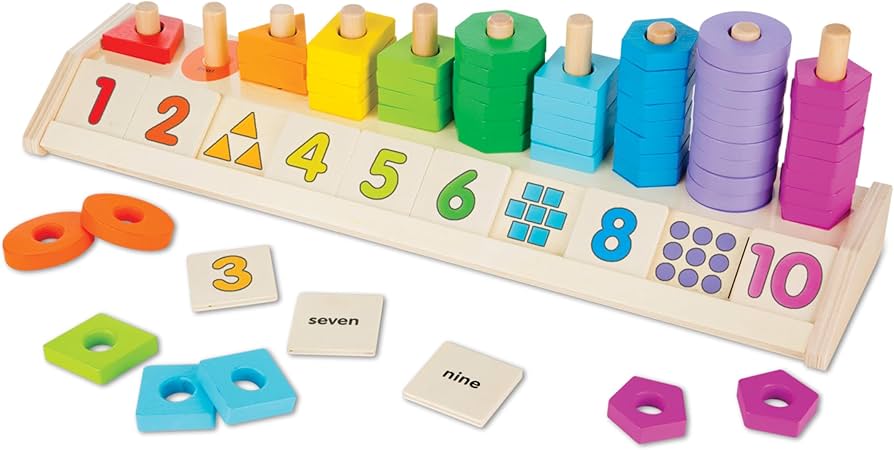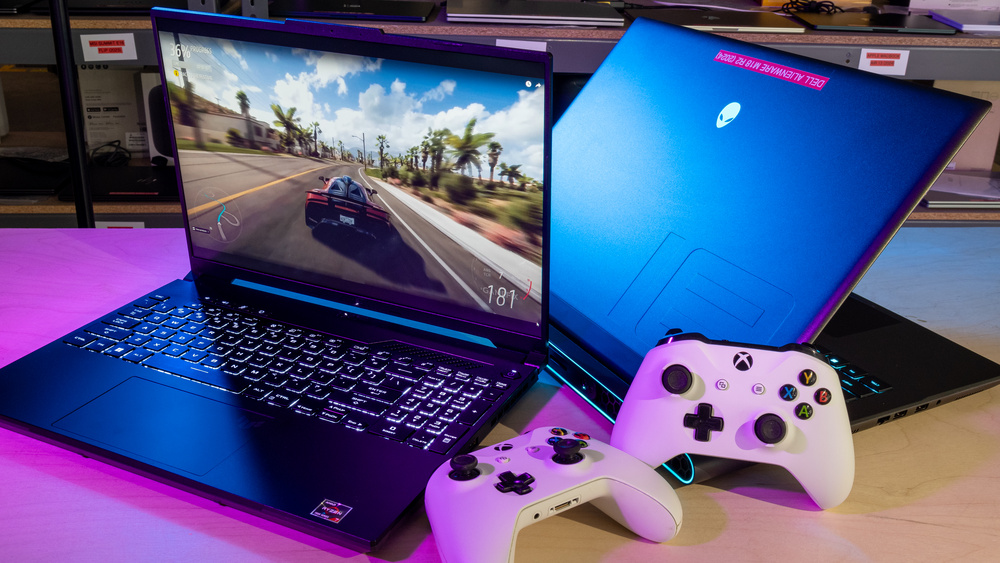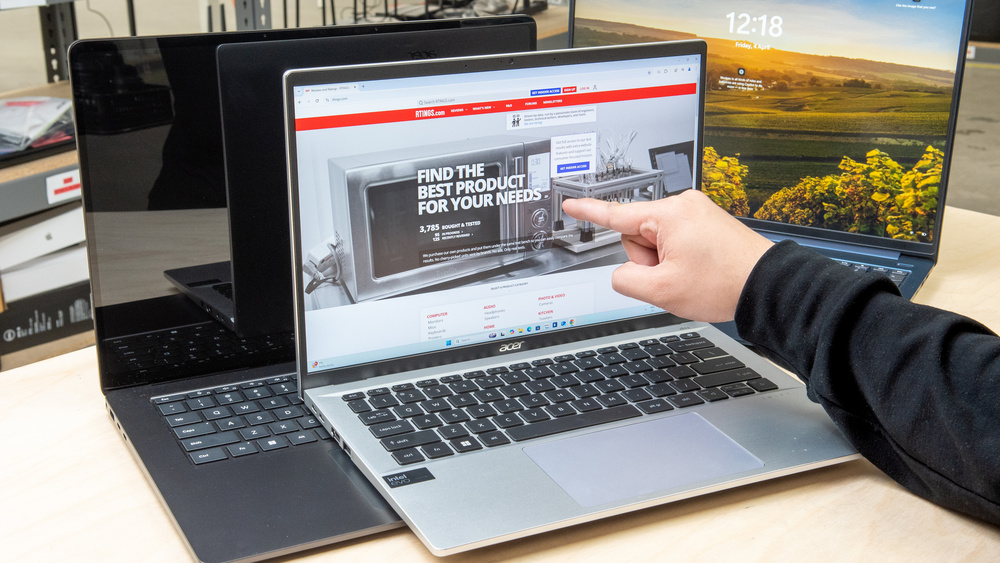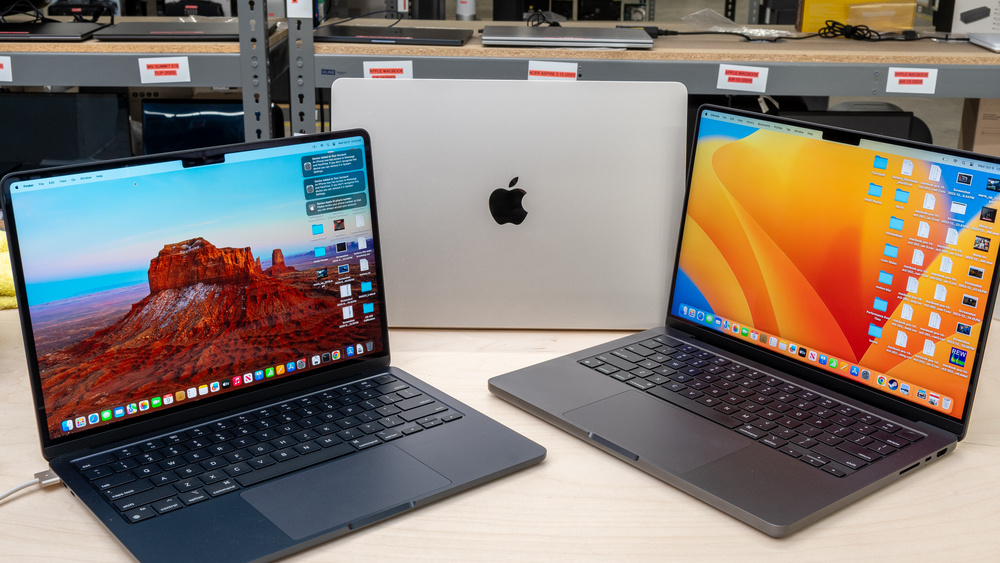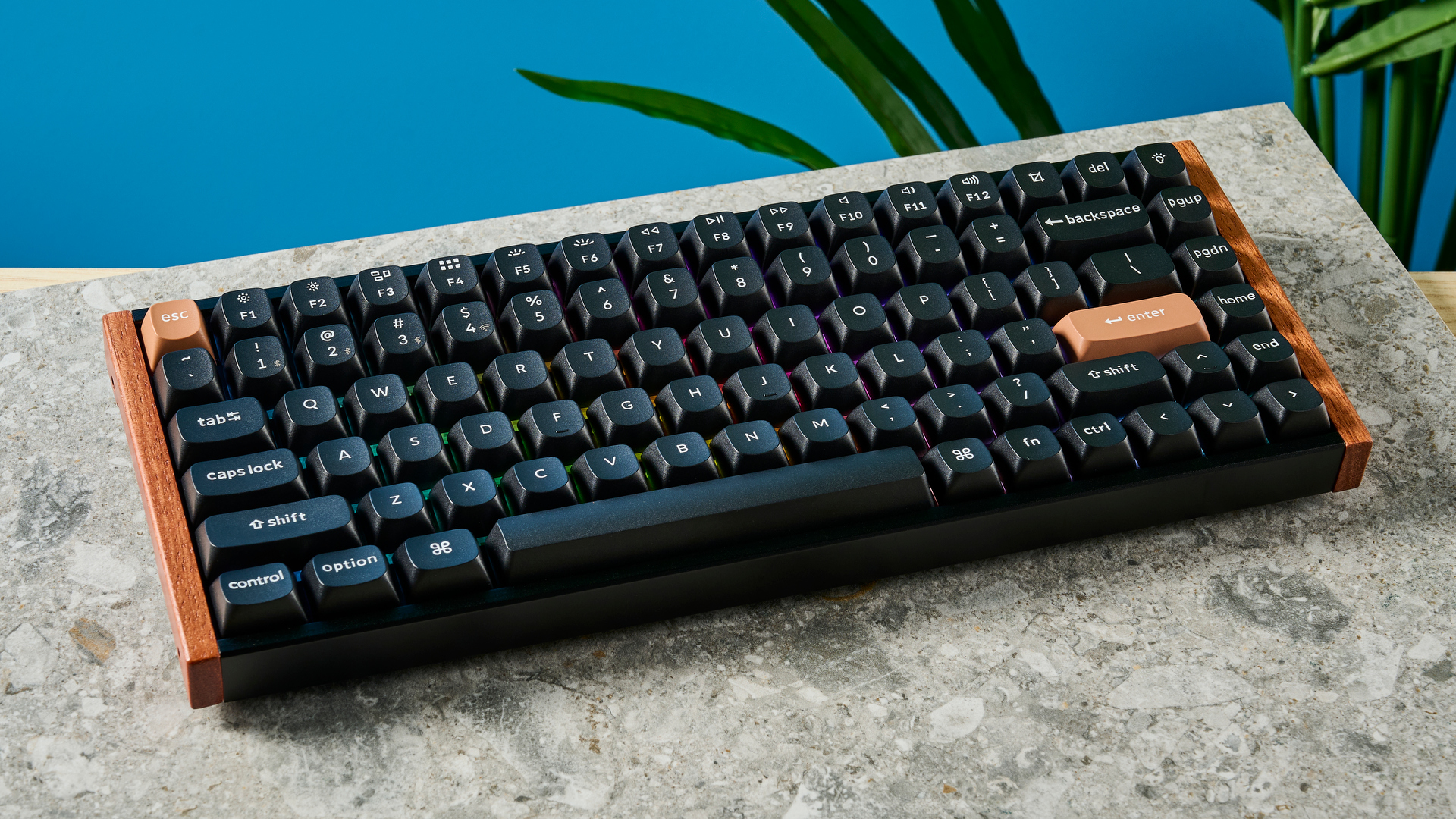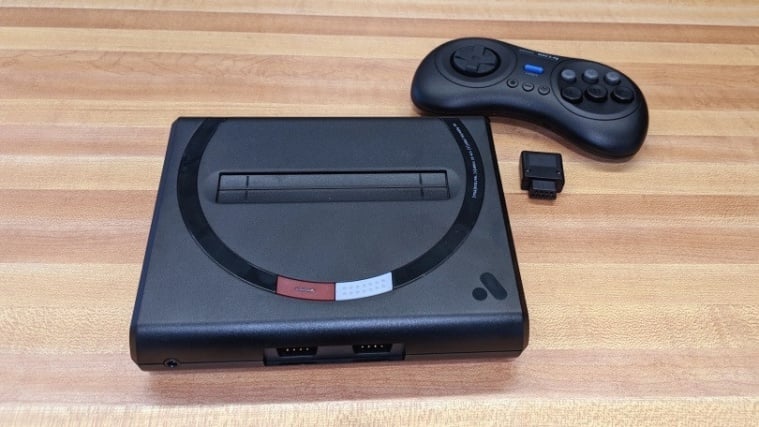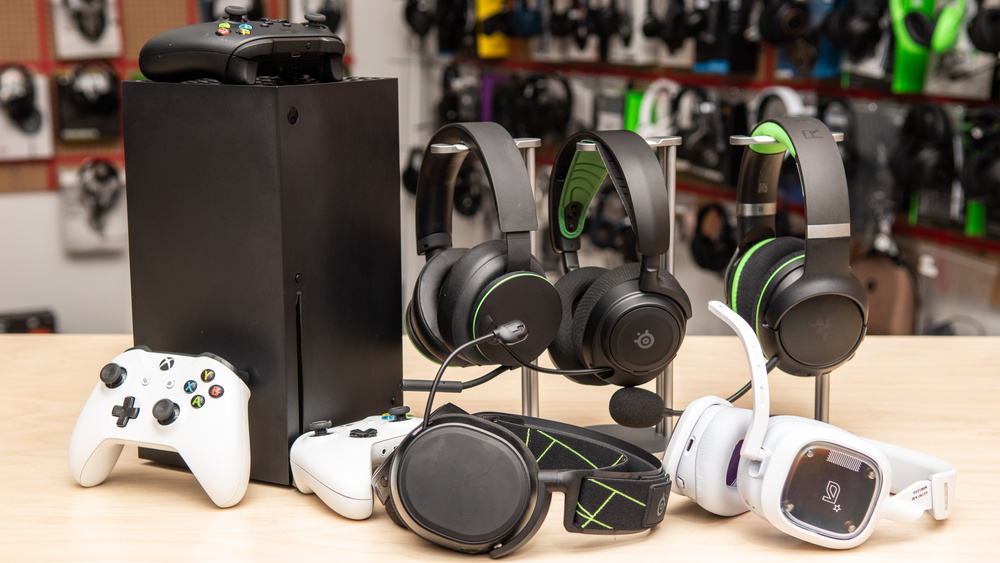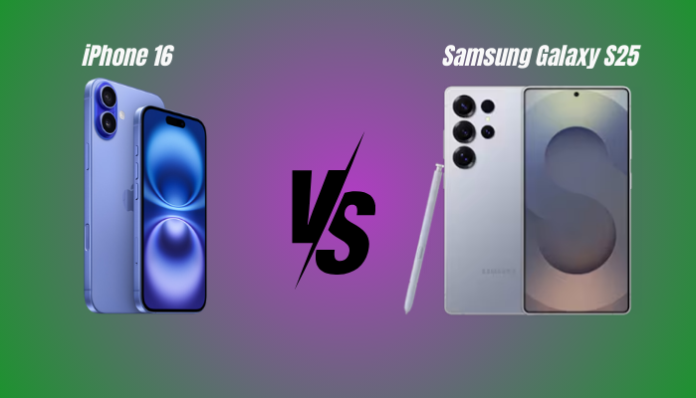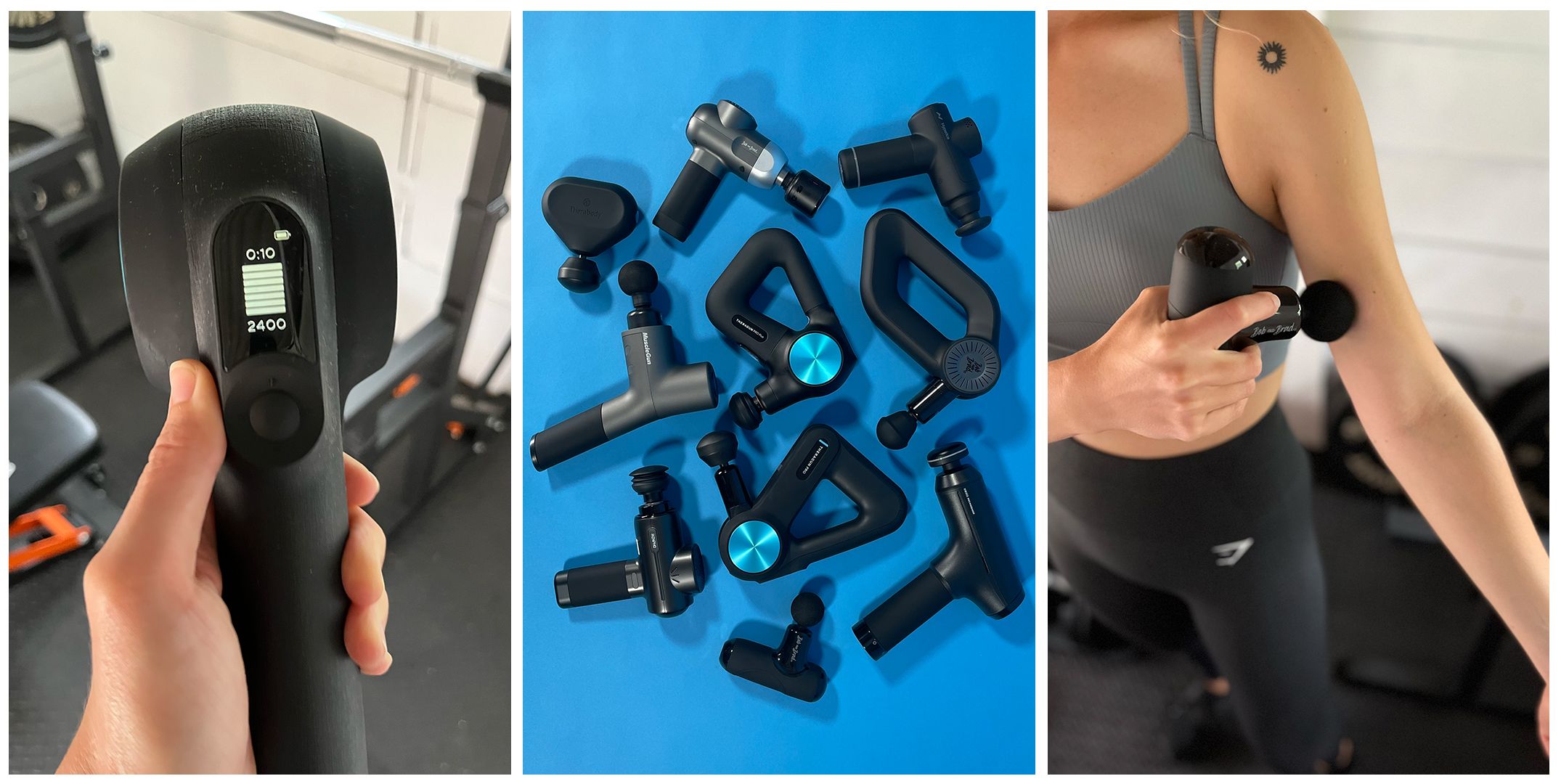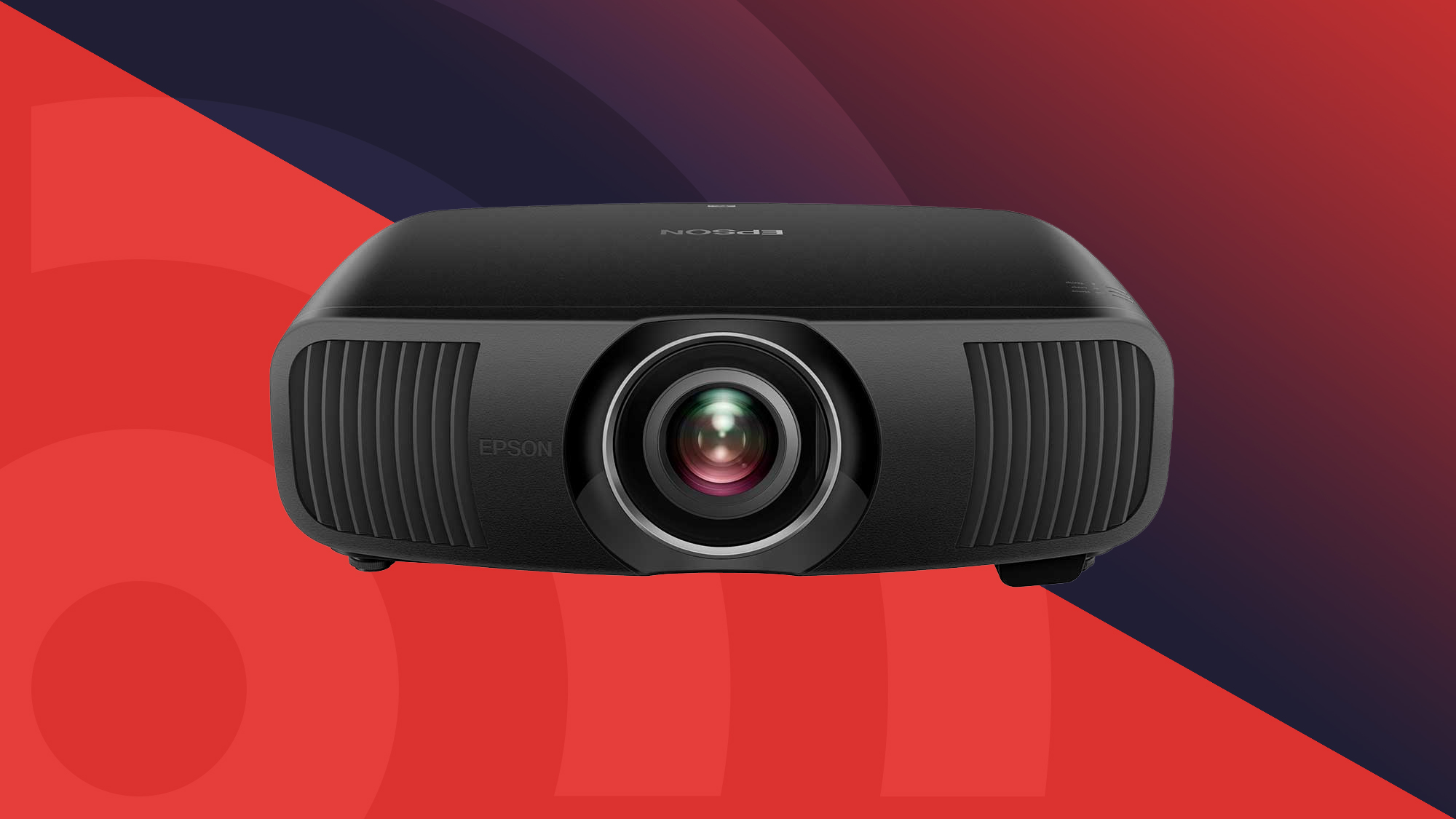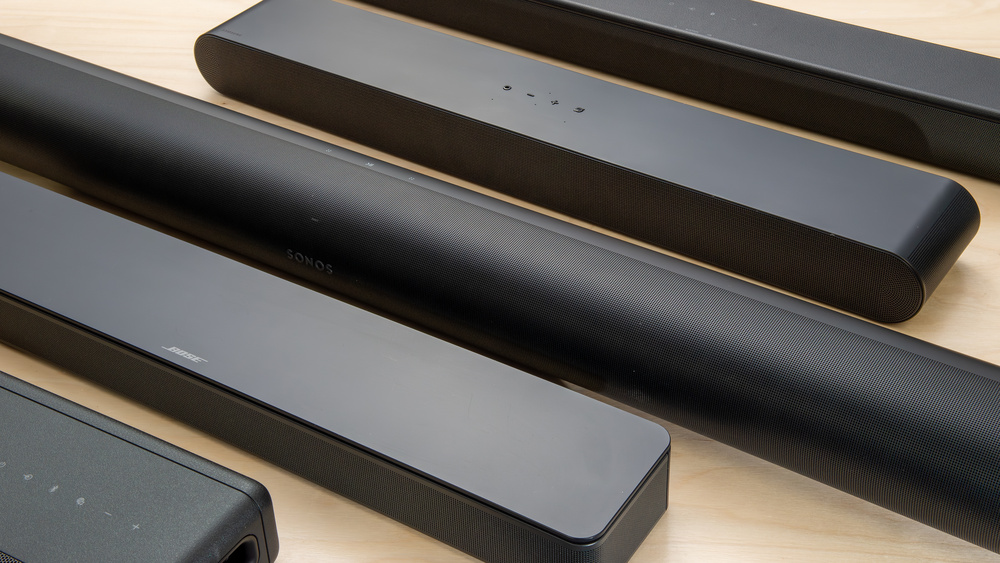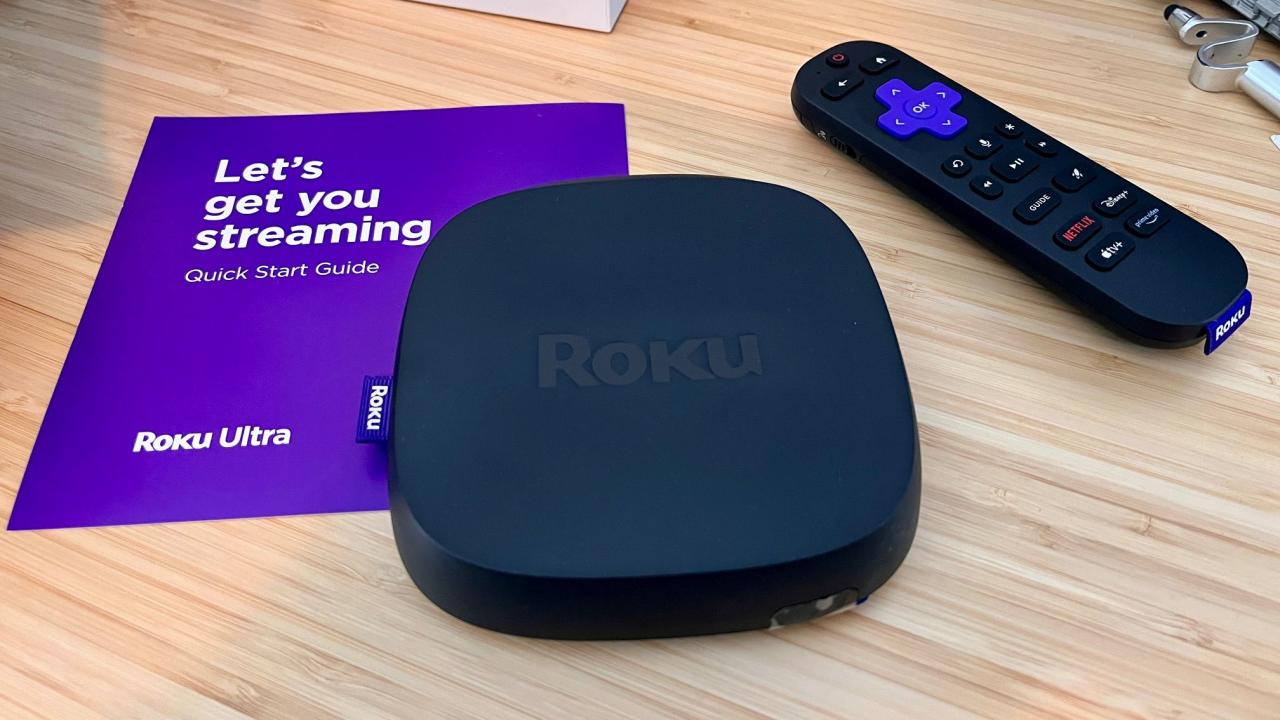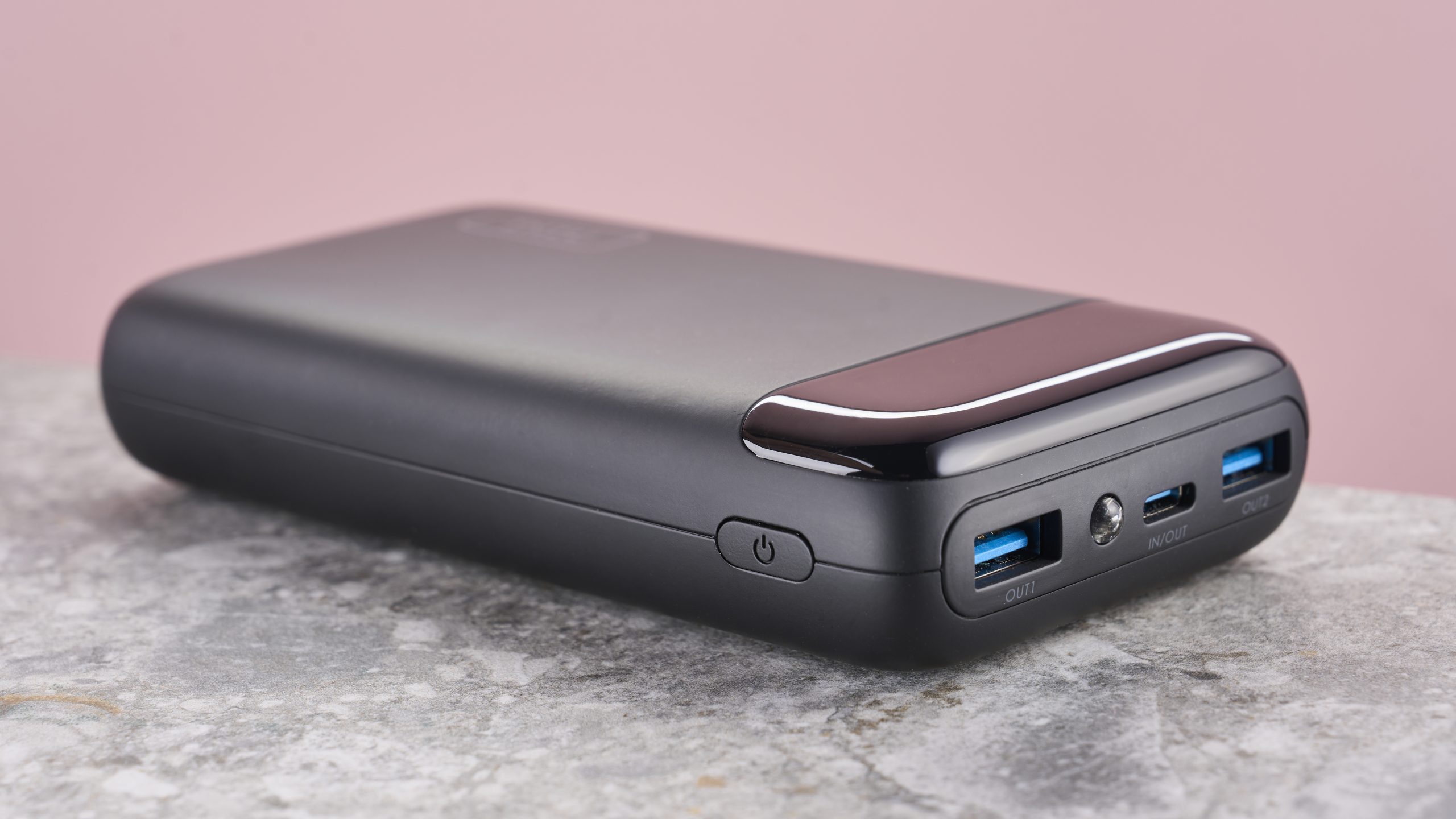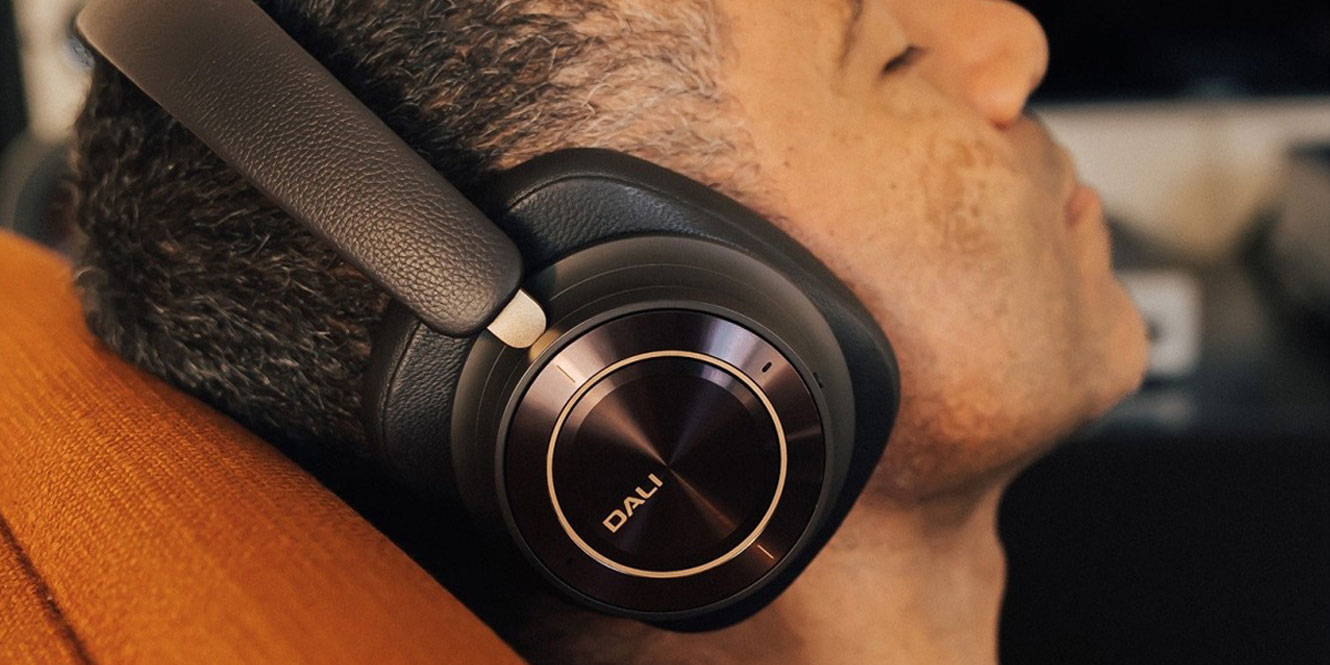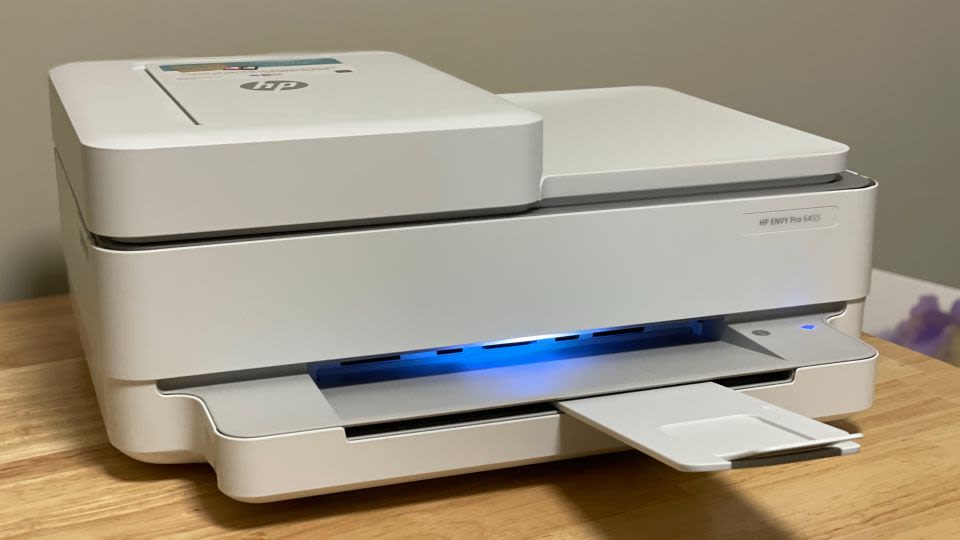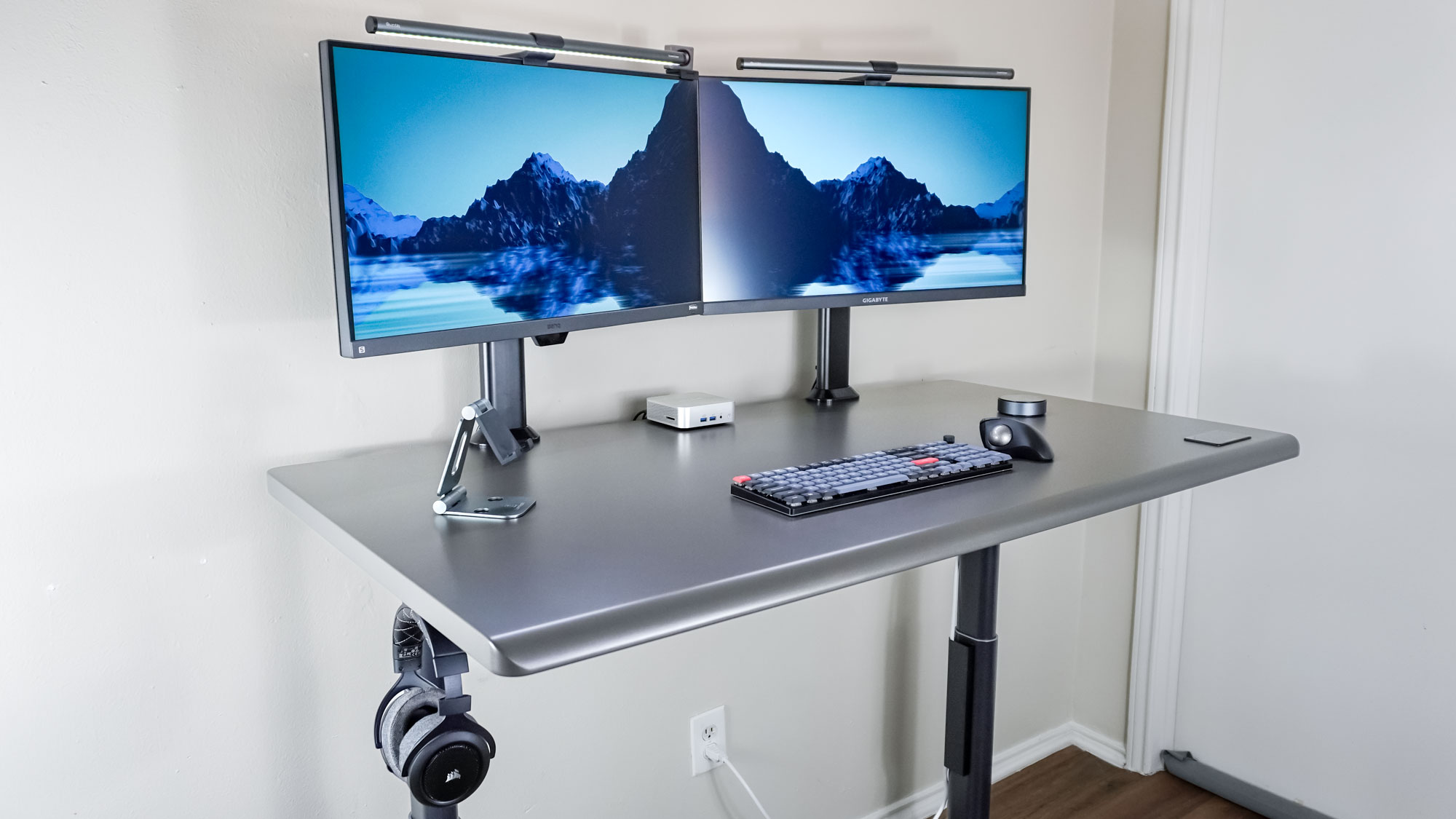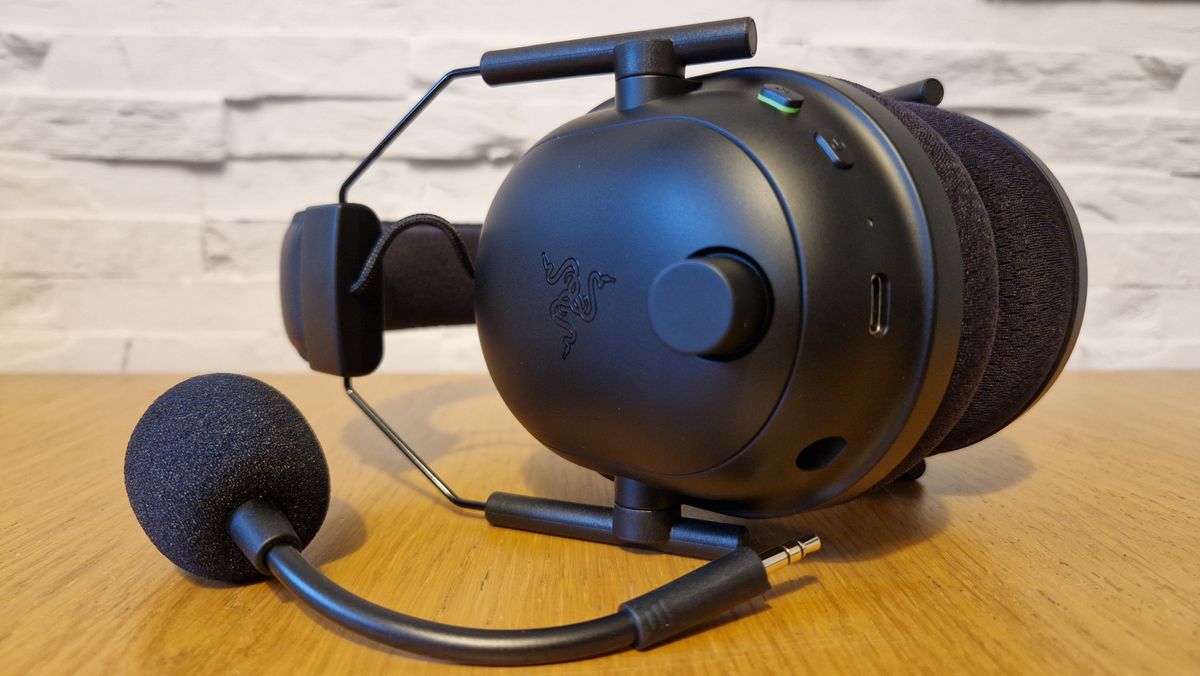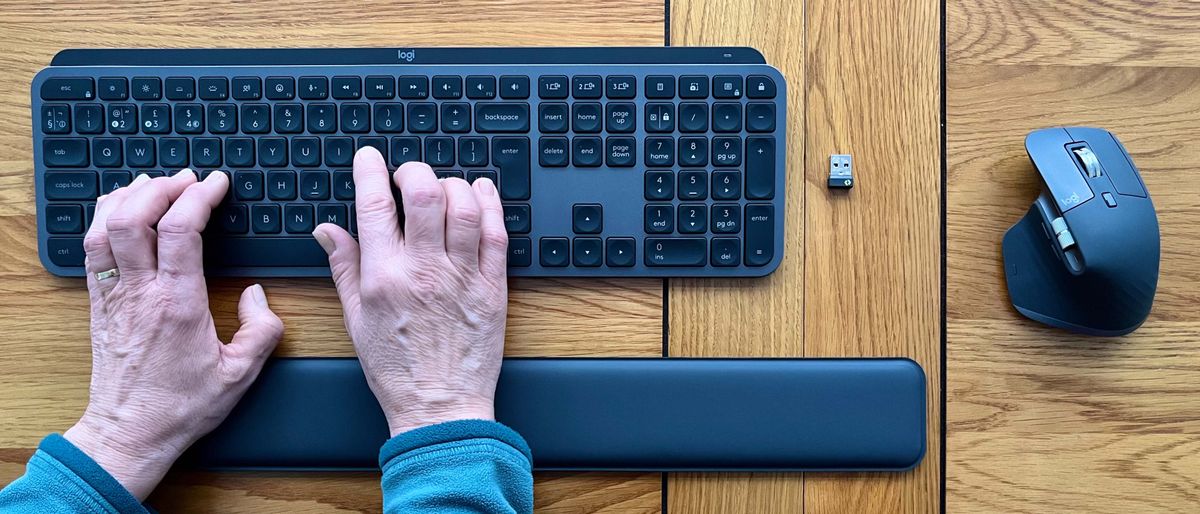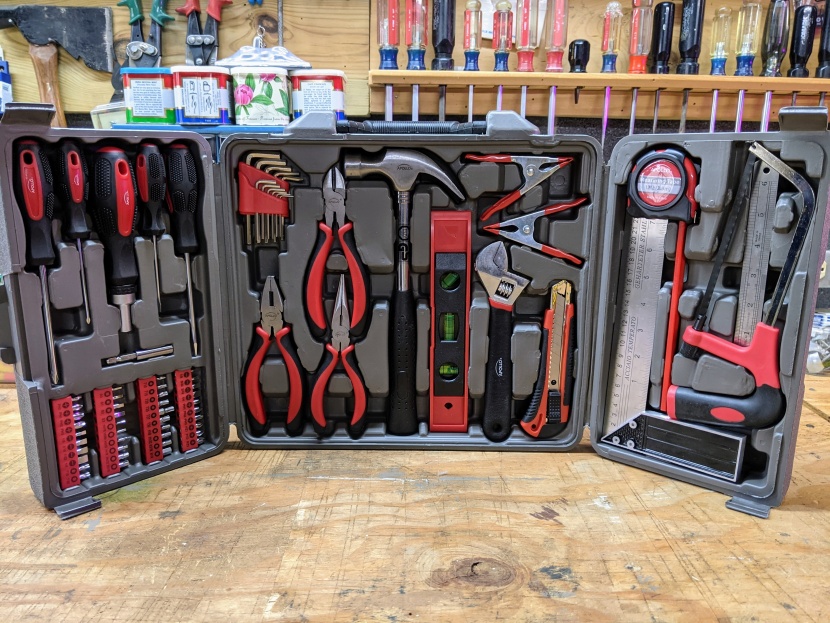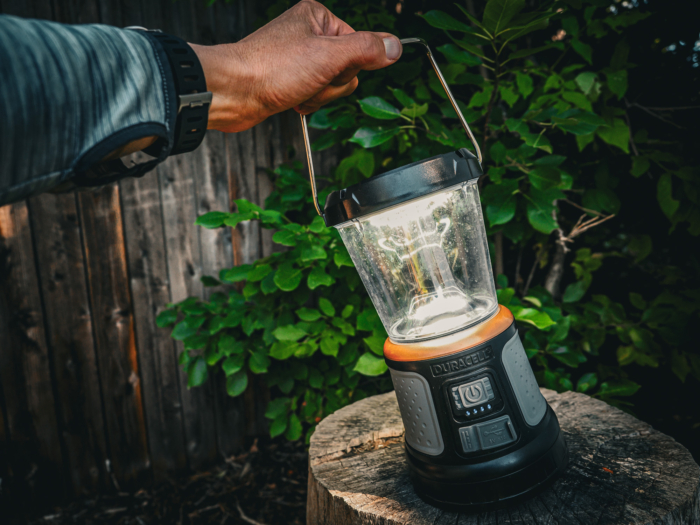As the battle of the smart TVs continues, two major players dominate the streaming scene: Roku and Android TV. Whether you’re buying a new TV or considering a streaming device, choosing the right operating system can greatly affect your viewing experience.
In this side-by-side comparison, we explore the key differences, pros, and cons of Roku vs Android TV to help you decide which platform is right for your entertainment needs.
User Interface & Ease of Use
Roku
- Simple, clean, and user-friendly layout
- Grid-style menu with minimal distractions
- Prioritizes streaming apps over personalized content
Android TV (now Google TV on many devices)
- More dynamic and content-forward interface
- Personalized recommendations based on your watch history
- Integrated Google Assistant voice search
Verdict: Roku is better for simplicity and straightforward navigation. Android TV is great for users who prefer personalized, content-rich dashboards.
Content & App Availability
- Both platforms support major streaming apps like Netflix, Hulu, Disney+, Prime Video, and YouTube.
- Android TV offers access to the Google Play Store, allowing a wider range of niche apps and even games.
- Roku has an excellent selection but is slightly more limited in global or lesser-known apps.
Verdict: Android TV edges out Roku in terms of variety and app flexibility, especially for tech-savvy users or international viewers.
Voice Control & Smart Assistant Integration
Roku
- Voice remote available on higher-end models
- Basic voice search and control (via Roku Voice or Alexa/Google compatibility)
- Limited smart home integration
Android TV
- Built-in Google Assistant on most devices
- Natural voice commands and smart home control
- Better integration with Google ecosystem (Nest, YouTube, Calendar, etc.)
Verdict: Android TV is superior if you want hands-free control or use smart home devices.
Performance & Customization
- Roku is lightweight and consistent, even on budget devices
- Android TV varies more in performance based on hardware (can be fast on high-end, sluggish on low-end)
- Android TV allows more customization through apps, widgets, and settings
Verdict: Roku wins for stability and ease on all device levels. Android TV wins for flexibility and power users.
Hardware & Device Options
Roku
- Available in Roku-branded devices and select smart TVs (e.g., TCL, Hisense)
- Devices range from affordable to premium (e.g., Roku Express to Roku Ultra)
Android TV
- Powers smart TVs from brands like Sony, Hisense, and Philips
- Available in devices like Nvidia Shield TV and Chromecast with Google TV
Verdict: Android TV offers more high-performance options, while Roku is unbeatable for budget-friendly devices.
Ads, Privacy & Ecosystem
- Roku has more prominent ads on its interface, though still user-friendly
- Android TV shows recommendations but feels less ad-heavy
- Google collects more data for ad personalization, while Roku keeps things simpler (but still tracks usage)
Verdict: Privacy-conscious users may prefer Roku. Those okay with data-driven suggestions may enjoy Android TV’s personalization.
✅ Final Word: Which Streaming OS Is Better for You?
Choose Roku if:
- You want a simple, stable, and budget-friendly interface
- You’re not looking for deep personalization or app tweaking
- You want a plug-and-play setup that just works
Choose Android TV if:
- You want smart home integration and voice control
- You’re invested in the Google ecosystem
- You prefer flexibility and app variety over simplicity
Bottom Line:
Roku wins on simplicity and reliability. Android TV shines in features, customization, and tech integration. Your ideal choice depends on how hands-on you want to be with your streaming setup.



